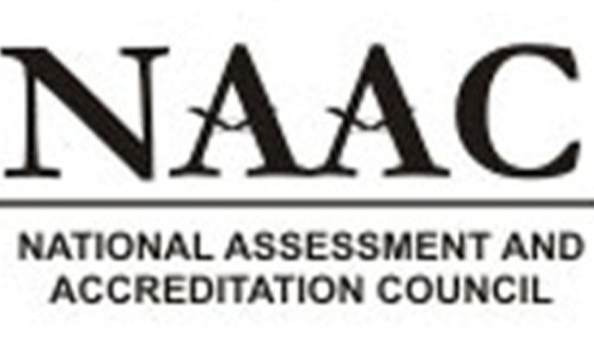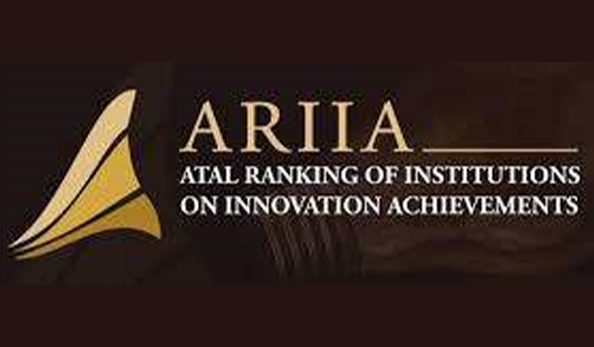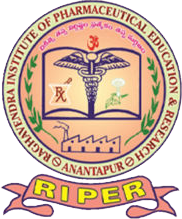Capacity Development Skills in Students
The capacity development skills among students are essential for their comprehensive growth, academic achievement, and preparedness for future challenges. These skills encompass diverse competencies, including educational, technological, social, emotional, and life skills, leadership, creativity, global awareness, and research capabilities. By fostering these skills, students are better equipped to navigate the complexities of the contemporary world, contribute positively to society, and attain personal and professional success.
1. Academic Skills
- Study Techniques: Effective study habits, time management, and organisation are crucial for academic success. Teaching students how to plan their study schedules, take practical notes, and manage their time can improve their academic outcomes.
- Critical Thinking: Encouraging students to analyze, evaluate, and synthesize information fosters critical thinking. These skills are essential for problem-solving and making informed decisions.
- Literacy and Numeracy: Strong foundational skills in reading, writing, and mathematics are essential for understanding more complex concepts and for future academic and career success.
2. Technology Skills
- Digital Literacy: As technology becomes increasingly integral to daily life and work, digital literacy is essential. Teaching students how to use computers, the internet, and various digital tools prepares them for the future.
- Coding and Programming: Introducing students to coding and programming helps develop logical thinking and problem-solving skills. It also opens up opportunities in the growing field of technology in pharmacy.
- Online Research: Students need to be able to find and evaluate credible information online. This skill is essential for academic research and for making informed decisions in their personal lives.
3. Social and Emotional Skills
- Emotional Intelligence: Helping students recognize and manage their emotions leads to better interpersonal relationships and a supportive learning environment.
- Communication Skills: Effective verbal and non-verbal communication is crucial for collaboration, presentations, and everyday interactions.
- Conflict Resolution: Teaching students how to resolve conflicts peacefully helps create a harmonious learning environment and prepares them for handling conflicts in their personal and professional lives.
4. Life Skills
- Financial Literacy: Educating students on budgeting, saving, and financial planning prepares them to manage their finances responsibly.
- Health and Wellness: Promoting healthy eating, physical activity, and mental health awareness contributes to students’ overall well-being and academic performance.
- Career Planning: Guiding students in exploring career options, setting goals, and developing a career plan helps them make informed decisions about their future.
5. Leadership and Teamwork
- Leadership Skills: Encouraging students to take initiative and lead projects or groups helps develop valuable leadership skills in all aspects of life.
- Collaboration: Teaching the importance of working well with others and contributing to a team fosters a collaborative spirit and prepares students for the workplace.
- Decision-Making: Developing the ability to make informed and responsible choices is crucial for personal and professional success.
6. Creativity and Innovation
- Creative Thinking: Fostering imagination and originality in problem-solving helps students approach challenges with innovative solutions.
- Art and Music: Providing opportunities for artistic and musical expression enhances creativity and can be therapeutic.
- Innovation Projects: Encouraging participation in projects that require innovative thinking and solutions prepares students for the dynamic nature of the modern world.
7. Global Awareness
- Cultural Competence: Educating students about different cultures promotes inclusivity and prepares them for working in diverse environments.
- Environmental Awareness: Teaching the importance of sustainability and ecological stewardship encourages responsible citizenship.
- Global Issues: Raising awareness of global challenges and encouraging active citizenship helps students understand their role in the world and the impact they can make.
8. Research and Inquiry
- Research Skills: Teaching students how to design and conduct research projects fosters a deeper understanding of topics and develops analytical skills.
- Scientific Inquiry: Encouraging curiosity and the scientific method in exploring questions nurtures a love for learning and discovery.
- Critical Evaluation: The ability to critically evaluate information and sources is essential for making informed decisions and achieving academic success.





